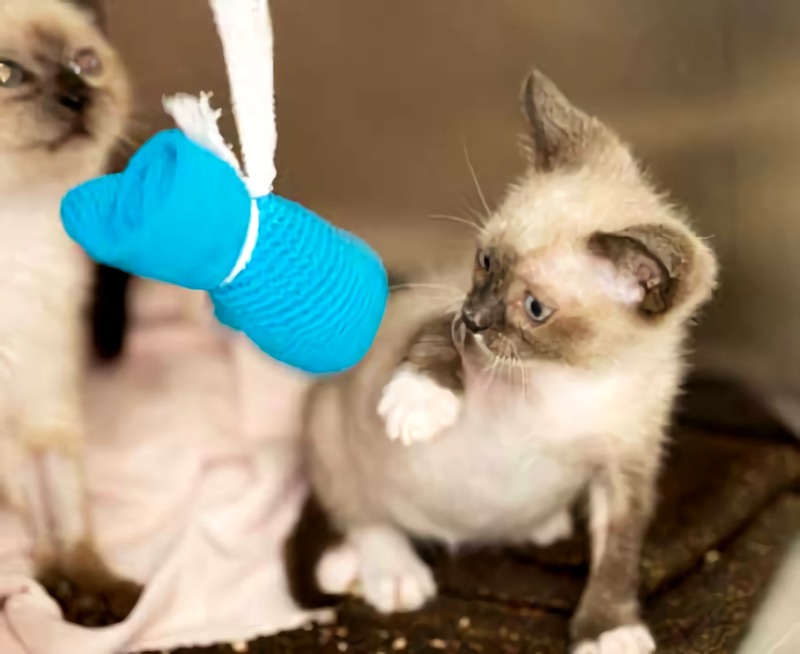Minimizing Stress In Cats

Cats are interesting creatures when it comes to their social life. They are very sensitive to stress, especially in households with more than one cat. This stress can cause a chronic disease, especially of the urinary tract.
There is even speculation that excessive stress causes a "Pandora Syndrome" in cats with aspects similar to those of humans. In cats, excessive stress can aggravate skin conditions such as psychogenic alopecia (a rare disease), hormonal disorders, neurological disorders, behavioral disorders and GI (Gastro-Intestinal) disorders such as IBD (inflammatory bowel disease).
Besides giving some medical and behavioral suggestions to keep your cat healthy, this page is also a celebration of the many cats we have cared for since 1989. We will show some of them at the end of this page.
- Provide fresh water, food and litter for each cat individually. This is especially important for older cats who are not allowed to eat by younger cats. If you don't have a constant source of water, change the water in the container 3 times a day - the first thing you do in the morning, in the middle of the day, and when you go to bed.
- Give your cat its own "cave" to hang in. It should be a quiet place, away from crowded areas.
- Encourage them to earn several smaller meals a day to satisfy their hunting instincts.
- Keep food and water away from garbage cans.
- Keep the dustbin clean quickly
- Give them platforms to jump on, so they can enjoy the view from above that is natural to them.
- Reward them for good behavior with strokes and treats
- Let them have a spot by the window to watch the world go by...
- Keep their environment enriched with new and stimulating toys
- Use Hill's Prescription Diet c/d Multicare Stress food. See our very informative page on Nutritional advice.
- Make regular changes to their indoor environment by moving a favorite pillow, providing a paper bag, even if you're just moving the carrier to a new location.
- Give them a scratching post, put it by the front door so they can scratch if they get excited when you get home. Also put one near windows and back doors. It needs to be long and sturdy to be most effective. Tempt them to use it with toys and catnip on top. Use Feliscratch® by Feliway® which is an analogy to the pheromone that cats deposit when they scratch themselves.
